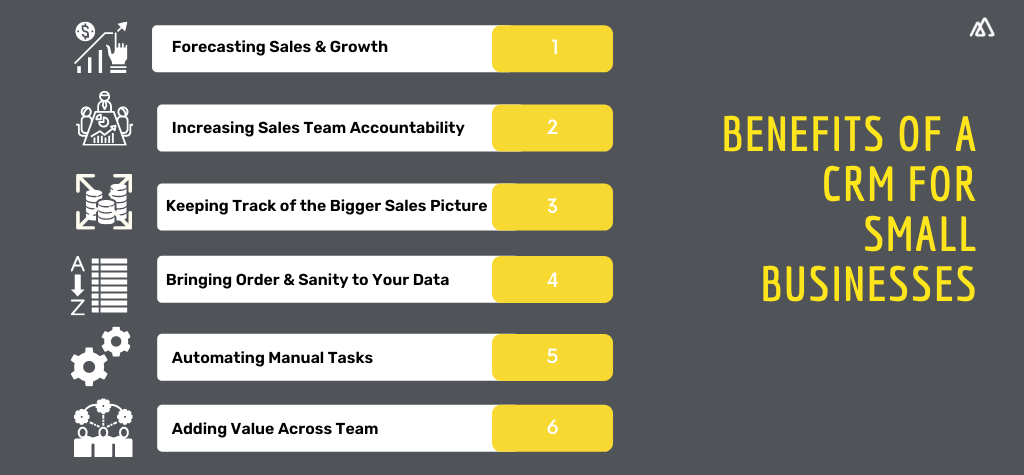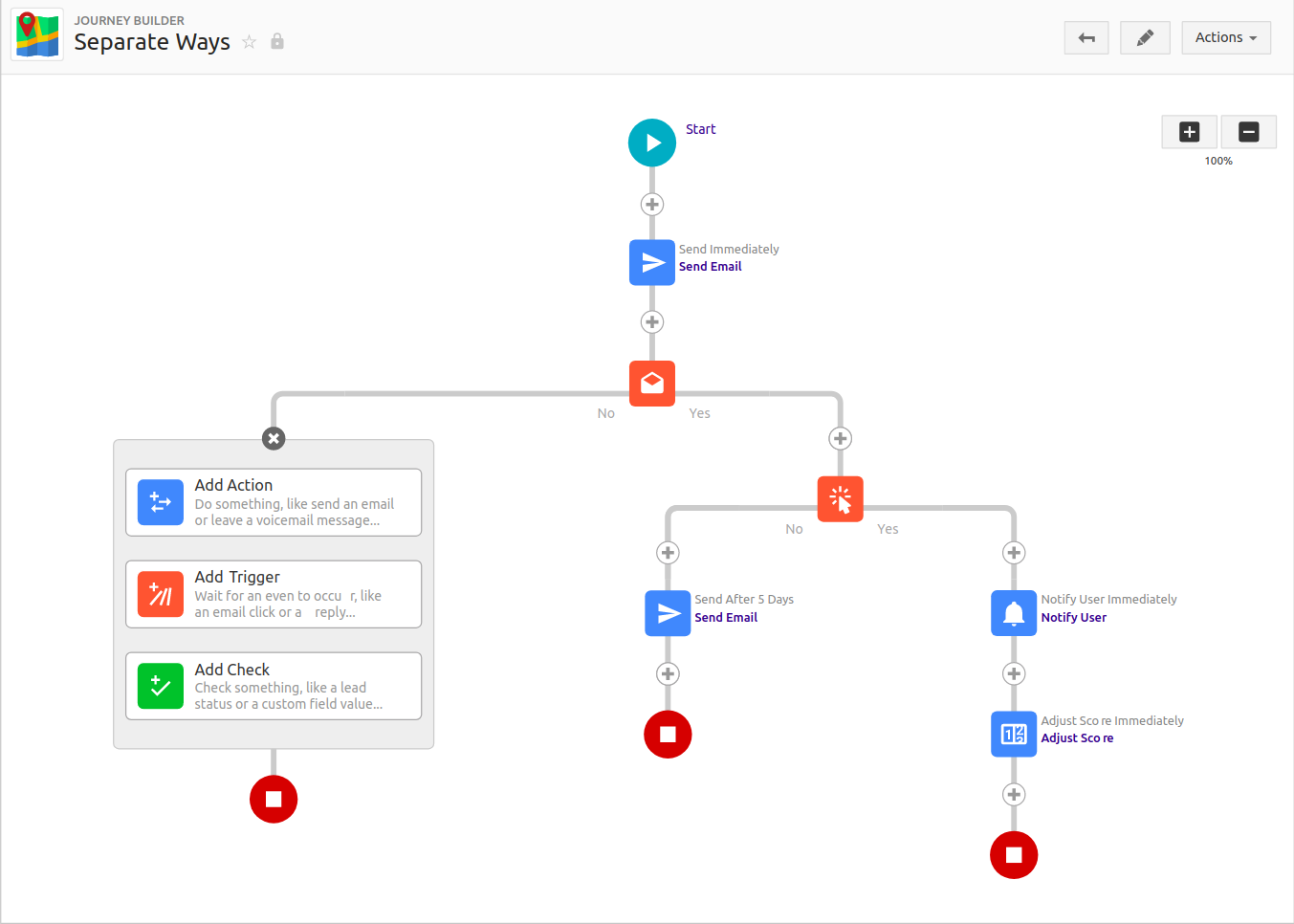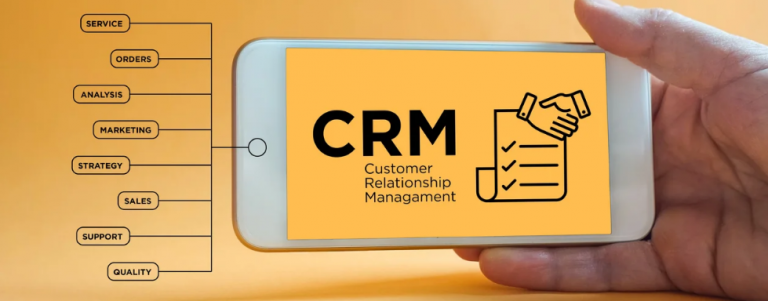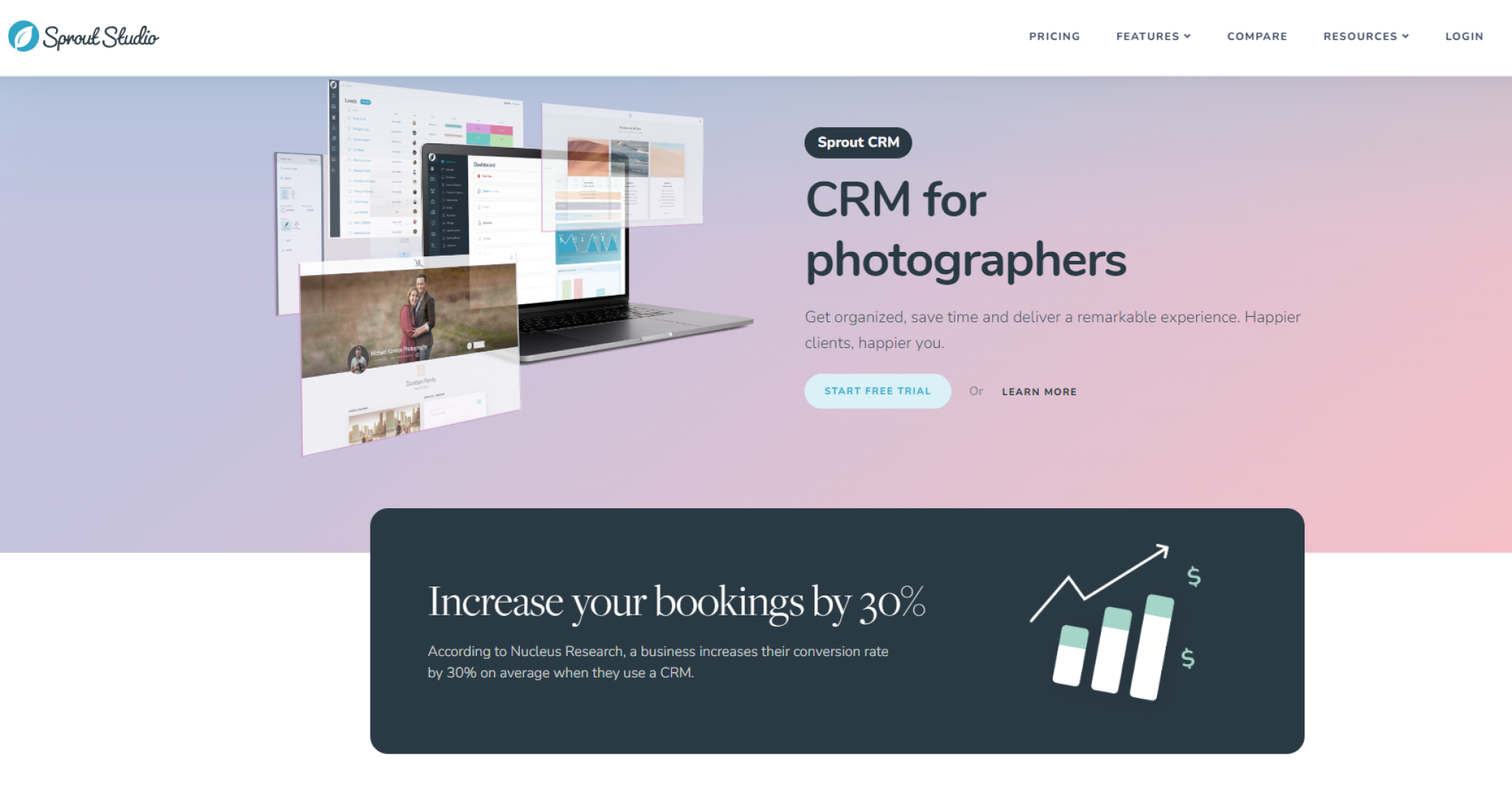Stitching Success: The Best CRM Systems for Small Tailors to Thrive

Stitching Success: The Best CRM Systems for Small Tailors to Thrive
In the intricate world of tailoring, where precision and personalization are paramount, managing customer relationships effectively is no longer a luxury, but a necessity. For small tailors, juggling appointments, measurements, fabric selections, and billing can quickly become overwhelming. This is where a Customer Relationship Management (CRM) system steps in, offering a lifeline of organization and efficiency. But with a plethora of CRM options available, choosing the right one can feel like navigating a complex pattern. This article delves into the best CRM systems tailored specifically for small tailors, helping you stitch together a strategy for success.
Why Small Tailors Need a CRM
The traditional image of a tailor – hunched over a sewing machine, focused solely on the craft – is evolving. Today’s successful tailors are also astute businesspeople. They understand the importance of building strong customer relationships, managing time efficiently, and staying organized. A CRM system provides the tools to achieve these goals:
- Centralized Customer Data: A CRM acts as a single source of truth for all customer information. This includes contact details, measurement records, order history, preferences, and communication logs. No more scattered spreadsheets or handwritten notes!
- Improved Customer Service: With readily available customer information, tailors can personalize their service. They can quickly access a customer’s measurements, fabric choices, and previous orders, creating a more seamless and satisfying experience.
- Streamlined Order Management: CRM systems can track orders from initial consultation to final fitting. They can manage appointments, send automated reminders, and provide updates on order status, keeping customers informed and reducing the risk of missed deadlines.
- Enhanced Communication: CRM systems facilitate effective communication through email, SMS, and other channels. Tailors can send appointment confirmations, order updates, promotional offers, and personalized messages, fostering customer loyalty.
- Efficient Scheduling: Integrated calendars and appointment scheduling features help tailors manage their time effectively, minimizing scheduling conflicts and maximizing productivity.
- Better Reporting and Analytics: CRM systems provide valuable insights into business performance. Tailors can track sales, identify top-selling products, analyze customer behavior, and make data-driven decisions to improve their business.
Key Features to Look for in a CRM for Tailors
Not all CRM systems are created equal. When selecting a CRM for your tailoring business, consider the following essential features:
- Customer Database Management: The ability to store and organize customer data, including contact information, measurements, style preferences, fabric selections, and order history.
- Order Tracking: Features for tracking orders from start to finish, including appointment scheduling, measurement recording, fabric selection, production progress, and delivery.
- Appointment Scheduling: An integrated calendar and appointment scheduling system to manage customer appointments efficiently.
- Communication Tools: Email marketing capabilities, SMS messaging, and other communication tools to stay in touch with customers.
- Reporting and Analytics: Tools to track sales, analyze customer behavior, and generate reports on key business metrics.
- Integration with Other Tools: The ability to integrate with other business tools, such as accounting software and payment gateways.
- Mobile Accessibility: A mobile app or mobile-friendly interface to access customer data and manage orders on the go.
- Customization Options: The flexibility to customize the CRM system to meet the specific needs of your tailoring business.
- User-Friendly Interface: An easy-to-use interface that is intuitive and requires minimal training.
- Scalability: The ability to scale the CRM system as your business grows.
Top CRM Systems for Small Tailors
Now, let’s explore some of the best CRM systems tailored for the unique needs of small tailors:
1. Tailor-Made CRM (Hypothetical Example)
While a completely tailor-made CRM might not exist as a readily available, off-the-shelf product, the concept is crucial. This represents the ideal – a CRM specifically designed with the tailoring business in mind. Its features would include:
- Measurement Management: A dedicated section for storing and managing customer measurements with visual aids and the ability to easily update and compare them over time.
- Fabric and Style Catalog: A built-in catalog to organize fabrics, styles, and patterns, allowing tailors to easily showcase options to clients.
- Production Workflow: A visual workflow that tracks garments from consultation to delivery, including stages like cutting, sewing, fitting, and finishing.
- Integration with Cutting Software: Integration with CAD (Computer-Aided Design) software, if applicable, for precise pattern making and cutting.
Pros: Highly specialized features, optimized for tailoring workflows, potential for greater efficiency.
Cons: May require custom development, potentially higher initial investment, might require more technical expertise.
2. Hubspot CRM
HubSpot is a popular, versatile CRM system that’s a great starting point for many small businesses. Its free version is particularly attractive, offering core CRM functionalities. While not tailor-made, it provides the essential tools to organize customer data, track interactions, and automate some basic tasks.
- Customer Relationship Management: Centralized contact database, contact management, and detailed interaction tracking.
- Sales Pipeline Management: Create and manage a visual sales pipeline to track orders through different stages.
- Email Marketing: Basic email marketing features for sending newsletters and promotional emails.
- Appointment Scheduling: Integration with scheduling tools for booking appointments.
- Reporting: Basic reporting dashboards to track sales and customer interactions.
Pros: Free version available, user-friendly interface, wide range of integrations, extensive support and resources.
Cons: Free version has limitations, might require customization for specific tailoring needs, can become expensive with advanced features.
3. Zoho CRM
Zoho CRM is another robust and customizable CRM solution suitable for various industries, including tailoring. It offers a comprehensive set of features and a flexible pricing structure, making it a good option for growing businesses. It’s particularly good for managing sales and customer interactions.
- Contact Management: Detailed customer profiles, contact management, and interaction tracking.
- Sales Automation: Automation of sales tasks, such as sending follow-up emails and creating tasks.
- Workflow Automation: Automate repetitive tasks and streamline business processes.
- Customization: Extensive customization options to tailor the CRM to your specific needs.
- Reporting and Analytics: Powerful reporting and analytics features to track key business metrics.
Pros: Highly customizable, affordable pricing plans, good integration with other Zoho apps, powerful automation features.
Cons: Can be complex to set up and configure, might require more technical expertise, learning curve for some users.
4. Pipedrive
Pipedrive is a sales-focused CRM that excels at pipeline management. Its visual interface and focus on deal tracking make it ideal for tailors who want to streamline their sales process and monitor the progress of each order. It is designed to be intuitive and easy to use.
- Visual Sales Pipeline: Drag-and-drop interface for managing deals through different stages.
- Deal Tracking: Track the progress of each order and identify potential bottlenecks.
- Email Integration: Integration with email providers for sending and receiving emails.
- Automation: Automate repetitive sales tasks, such as sending follow-up emails.
- Reporting: Sales reports and analytics to track performance.
Pros: Intuitive interface, easy to set up and use, excellent pipeline management features, affordable pricing.
Cons: Less focus on marketing automation compared to other CRMs, may lack some advanced features for complex tailoring businesses.
5. Monday.com
Monday.com is a versatile work management platform that can be adapted to function as a CRM. Its highly visual and customizable boards can be used to track customer interactions, manage orders, and schedule appointments. It focuses on collaboration and project management.
- Customizable Boards: Create custom boards to track customers, orders, and appointments.
- Workflow Automation: Automate tasks and streamline workflows.
- Collaboration Tools: Team collaboration features to facilitate communication.
- File Sharing: Easy file sharing and document management.
- Integrations: Integration with various third-party apps.
Pros: Highly customizable, visually appealing interface, excellent for project management and collaboration, good for teams.
Cons: Requires more configuration to be used as a CRM, may not have specialized features for tailoring, can be expensive for advanced features.
6. Freshsales
Freshsales, part of the Freshworks suite, is a CRM focused on sales and customer engagement. It offers features such as lead scoring, sales automation, and email tracking, making it a solid option for tailors seeking to nurture leads and convert them into customers. It has an emphasis on sales automation.
- Lead Scoring: Identify high-potential leads based on their behavior.
- Sales Automation: Automate sales tasks and workflows.
- Email Tracking: Track email opens and clicks to measure engagement.
- Phone Integration: Make and receive calls directly from the CRM.
- Reporting: Sales reports and analytics to track performance.
Pros: User-friendly interface, good sales automation features, affordable pricing plans, excellent customer support.
Cons: Less customization compared to some other CRMs, may lack some advanced features for complex tailoring businesses.
Implementing a CRM: A Step-by-Step Guide for Tailors
Choosing the right CRM is only the first step. Successfully implementing a CRM requires a well-defined plan and commitment. Here’s a step-by-step guide to help you get started:
1. Define Your Goals and Requirements
Before selecting a CRM, clearly define your business goals and requirements. What do you hope to achieve with a CRM? What are your pain points? What features are most important to you? Consider the following:
- Identify Your Pain Points: What specific challenges are you facing in managing customer relationships, orders, and appointments?
- Set Clear Objectives: What do you want to achieve with a CRM? (e.g., increase sales, improve customer satisfaction, streamline order management)
- List Essential Features: Make a list of the features that are essential for your tailoring business (e.g., measurement tracking, fabric selection, appointment scheduling).
- Assess Your Budget: Determine how much you are willing to spend on a CRM system.
2. Research and Evaluate CRM Systems
Once you have defined your goals and requirements, research and evaluate different CRM systems. Consider the following:
- Read Reviews and Compare Features: Research different CRM systems and compare their features, pricing, and reviews.
- Consider Your Business Size: Choose a CRM system that is appropriate for the size of your business.
- Look for Tailor-Specific Features: If possible, choose a CRM system that offers features specifically designed for tailoring businesses.
- Check for Integrations: Ensure that the CRM system integrates with other tools that you use, such as accounting software.
- Request Demos and Trials: Request demos and trials to test out different CRM systems and see how they work.
3. Choose the Right CRM System
After evaluating different CRM systems, choose the one that best meets your needs and requirements. Consider the following factors:
- Features: Does the CRM system offer the features that you need?
- Ease of Use: Is the CRM system easy to use and navigate?
- Pricing: Is the pricing affordable for your business?
- Support: Does the CRM system offer good customer support?
- Scalability: Can the CRM system scale as your business grows?
4. Plan Your Implementation
Before implementing the CRM system, create a detailed implementation plan. This should include the following:
- Data Migration: Plan how you will migrate your existing customer data to the new CRM system.
- Customization: Plan how you will customize the CRM system to meet your specific needs.
- Training: Plan how you will train your staff on how to use the CRM system.
- Timeline: Create a timeline for the implementation process.
5. Migrate Your Data
Migrate your existing customer data to the new CRM system. This may involve importing data from spreadsheets, databases, or other sources. Ensure that the data is accurate and complete.
6. Customize the CRM System
Customize the CRM system to meet your specific needs. This may involve adding custom fields, creating custom reports, and configuring workflows.
7. Train Your Staff
Train your staff on how to use the CRM system. This should include training on all of the features that they will be using. Provide ongoing support and training as needed.
8. Test the CRM System
Test the CRM system to ensure that it is working correctly. This should include testing all of the features that you will be using. Make any necessary adjustments.
9. Go Live
Once you are satisfied with the CRM system, go live! Start using the CRM system to manage your customer relationships, orders, and appointments.
10. Monitor and Optimize
Continuously monitor and optimize your CRM system. Review your CRM data regularly to identify areas for improvement. Make adjustments to the system as needed to improve your business performance.
Best Practices for Using a CRM as a Tailor
To maximize the benefits of your CRM system, follow these best practices:
- Keep Data Accurate and Up-to-Date: Regularly update customer information, order details, and other data to ensure accuracy.
- Utilize All Features: Explore and utilize all of the features offered by your CRM system to streamline your business processes.
- Automate Repetitive Tasks: Use automation features to automate repetitive tasks, such as sending appointment reminders and follow-up emails.
- Personalize Your Communication: Use customer data to personalize your communication and provide a more tailored experience.
- Analyze Your Data: Regularly analyze your CRM data to identify trends, measure performance, and make data-driven decisions.
- Train Your Staff: Provide ongoing training and support to your staff to ensure that they are using the CRM system effectively.
- Integrate with Other Tools: Integrate your CRM system with other tools that you use, such as accounting software and payment gateways.
- Back Up Your Data: Regularly back up your CRM data to protect it from loss.
- Review and Adapt: Regularly review your CRM system and adapt it to meet the changing needs of your business.
The Future of CRM in Tailoring
The evolution of CRM is ongoing, and the future holds exciting possibilities for tailors:
- AI-Powered Features: Artificial intelligence is poised to revolutionize CRM, offering features like predictive analytics to anticipate customer needs, automated recommendations, and personalized marketing.
- Enhanced Mobile Capabilities: Mobile CRM will become even more critical, allowing tailors to access customer data, manage orders, and communicate with clients from anywhere.
- Integration with Wearable Technology: Integration with wearable technology could allow for automated measurement capture and real-time updates on garment progress.
- Increased Personalization: CRM systems will enable even greater personalization, allowing tailors to create highly customized experiences for each client.
- Focus on Customer Experience: The emphasis will shift further towards enhancing the customer experience, with CRM systems playing a central role in building lasting customer relationships.
By embracing CRM technology, small tailors can streamline their operations, improve customer service, and ultimately, achieve greater success in a competitive market. The key is to choose the right CRM system, implement it effectively, and continuously optimize its use to meet the evolving needs of your business.
In conclusion, selecting the right CRM is a crucial investment for any small tailor aiming to thrive. It’s about more than just organizing data; it’s about building relationships, streamlining workflows, and ultimately, crafting a business that’s as impeccably tailored as the garments you create. Take the time to evaluate your needs, research your options, and implement a CRM system that will help you stitch together a future of success.





